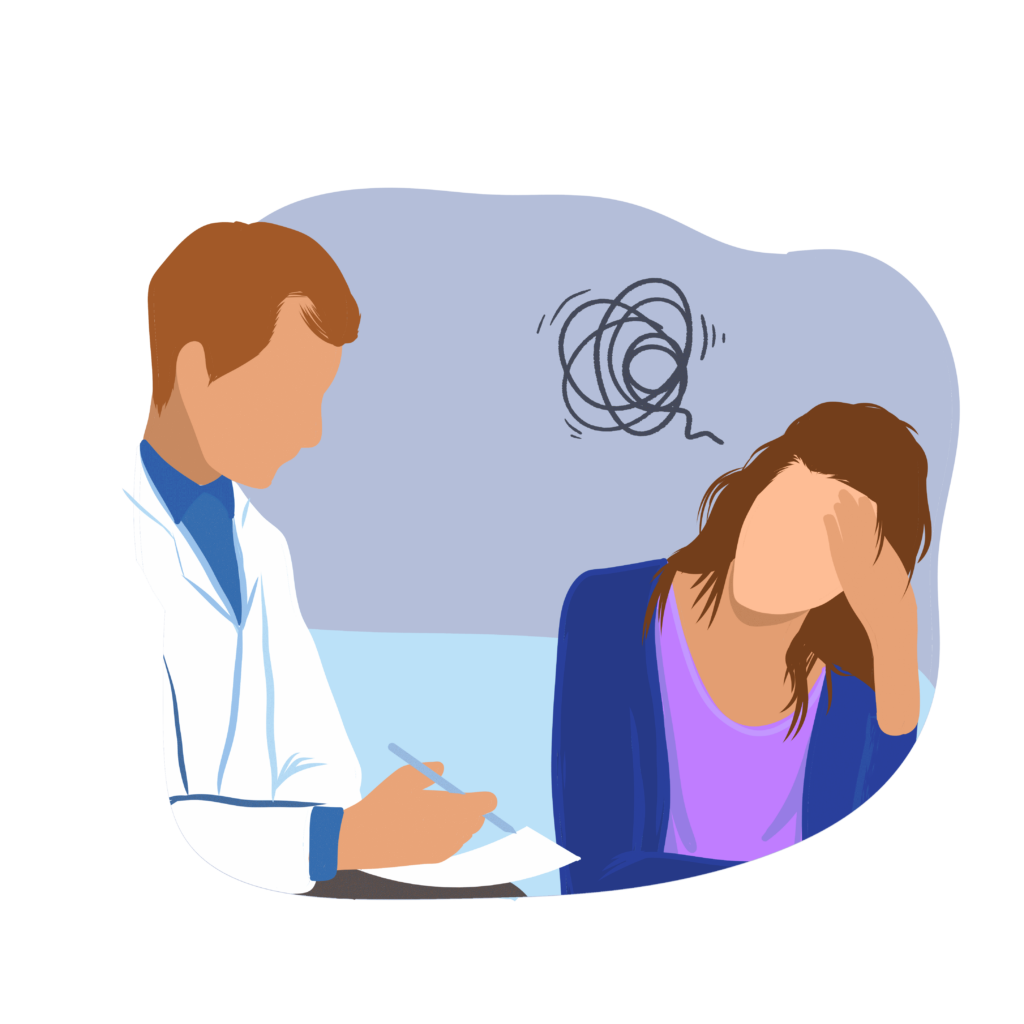Menopause fatigue is a common symptom marked by persistent tiredness, often due to hormonal shifts, particularly a decline in oestrogen. It is characterised by persistent tiredness that can interfere with daily life and is influenced by hormonal fluctuations, lifestyle factors, stress, poor sleep, and underlying health issues like thyroid dysfunction.
While treatments like hormone replacement therapy (HRT) and lifestyle adjustments can alleviate symptoms, it’s essential to recognise when fatigue becomes severe enough to consult a doctor.
Understanding the root causes of symptoms like fatigue enables targeted interventions, such as lifestyle and body/physical changes or medical treatments, to improve quality of life.
What is Menopause-Induced Fatigue?
Menopausal fatigue is a common symptom during menopause, characterised by persistent, overwhelming tiredness that can impact daily life. It is primarily caused by fluctuating hormone levels, particularly the decline in progesterone and oestrogen, which can disrupt sleep patterns and energy levels. Unlike regular tiredness, menopausal fatigue is a constant sense of exhaustion that doesn’t improve with rest.
Fatigue during menopause can even lead to chronic stress, as highlighted in the study by Lisa Taylor-Swanson et al. from the University of Utah, creating a cycle of intensified tiredness and less stability. This is due to the body’s hormonal imbalance, particularly the adrenal glands, which are already straining during menopause. Addressing both stress and fatigue is crucial for effective support.
Menopause-induced fatigue is a significant concern as it can affect overall quality of life. Based on Duval Karine et al.’s study from the Institute of Population Health, University of Ottawa, many women during menopause tend to be less physically active, leading to a decrease in overall calorie burn and potentially impacting their overall health and weight management.
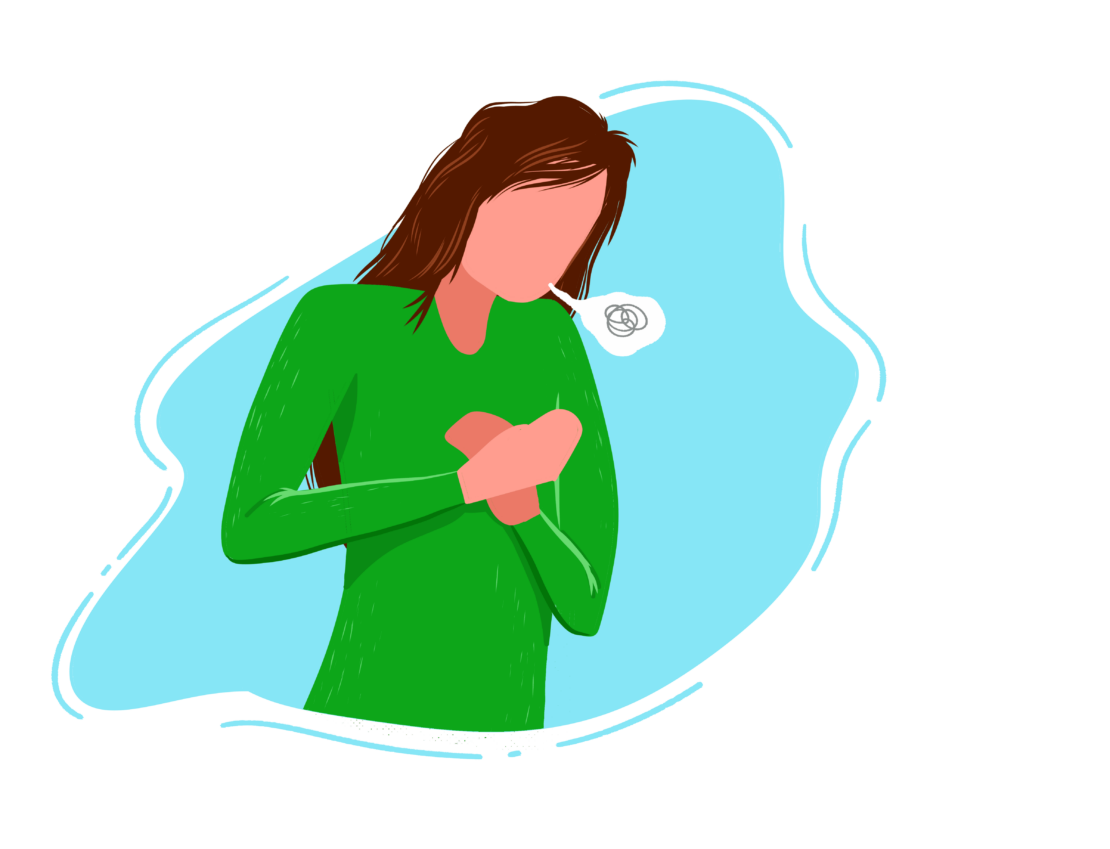
What Causes Fatigues During Menopause?
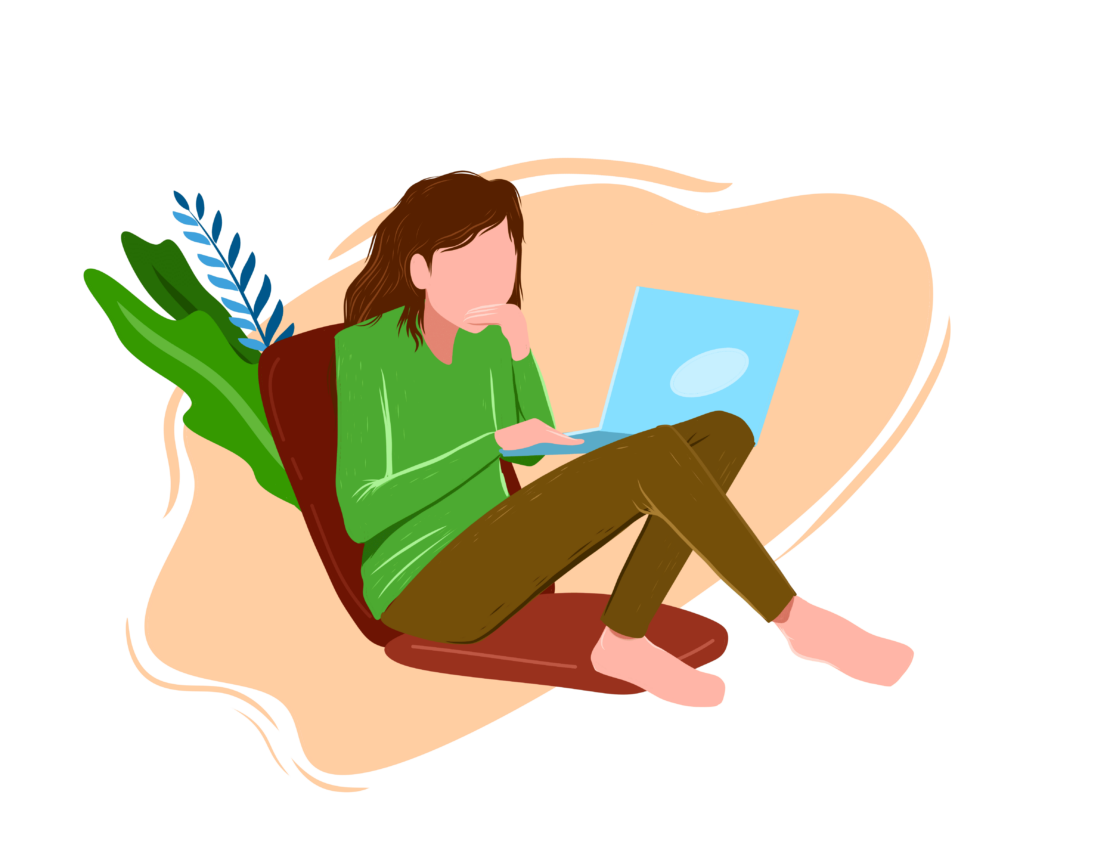
Menopausal fatigue is primarily caused by hormone decline which leads to sleep disturbances and other various factors. According to Nanette Santoro, MD et al.’s research from the University of Colorado School of Medicine, hormonal changes, mood swings, age, socioeconomic status, and medical conditions like sleep apnea and restless leg syndrome can all contribute to these disruptions. These factors disturb sleep patterns and the sleep cycle, leading to persistent tiredness and exhaustion. Understanding these connections is crucial for effectively addressing and managing fatigue during menopause.
Oestrogen and progesterone are vital in regulating sleep patterns and energy levels. As oestrogen levels decline during menopause, many perimenopausal and menopausal women experience sleep disturbances such as insomnia and night sweats, leading to persistent feelings of exhaustion.
This disrupted sleep contributes directly to menopausal fatigue, which is further intensified by other menopause symptoms like depression, joint pain, anxiety, and joint stiffness. According to Jennifer Whiteley et al.’s study from Pfizer Inc., these symptoms collectively reduce the quality of life and interfere with daily activities, including work, making menopausal fatigue a significant challenge for menopausal women.
Menopausal fatigue can be worsened by factors such as inadequate nutrition, stress, physical inactivity, and underlying medical conditions. These elements impact overall well-being and underscore the importance of addressing fatigue comprehensively. As we continue to explore solutions for managing menopausal fatigue, one potential approach is Hormone Replacement Therapy (HRT).
Can HRT Help Alleviate Menopause Fatigues?
Taking Hormone Replacement Therapy (HRT) can be an effective treatment for alleviating menopause fatigue. During perimenopause, the natural production of oestrogen of your body and progesterone decreases, leading to symptoms of menopause like persistent tiredness, poor sleep quality, and low levels of energy. Hormone therapy works by supplementing these sex hormones, helping to restore balance and reduce the intensity of perimenopause fatigue.
Michelle Warren and Sari Halpert’s research from Columbia University highlights how Hormone Replacement Therapy (HRT) can alleviate common perimenopausal symptoms such as night sweats, hot flashes, and overall tiredness. By reducing night sweats and hot flashes, HRT directly improves sleep, which in turn reduces fatigue. This connection shows how managing these symptoms with HRT can significantly lessen the overall sense of exhaustion that many women encounter during perimenopause.
According to Vikram Talaulikar from University College London Hospital, hormone replacement therapy (HRT) is the most effective treatment for perimenopausal symptoms, including fatigue. Over 80% of women encounter vasomotor symptoms during menopause, disrupting sleep and increasing fatigue. HRT significantly improves these symptoms, improving the quality of sleep, reducing hot flashes, and enhancing mood. Based on the study, it also provides relief for one-third of women experiencing severe menopausal symptoms, improving their overall quality of life.
However, HRT is not suitable for everyone and treatment may vary for every individual, so it’s important to discuss this treatment option with a perimenopause specialist.
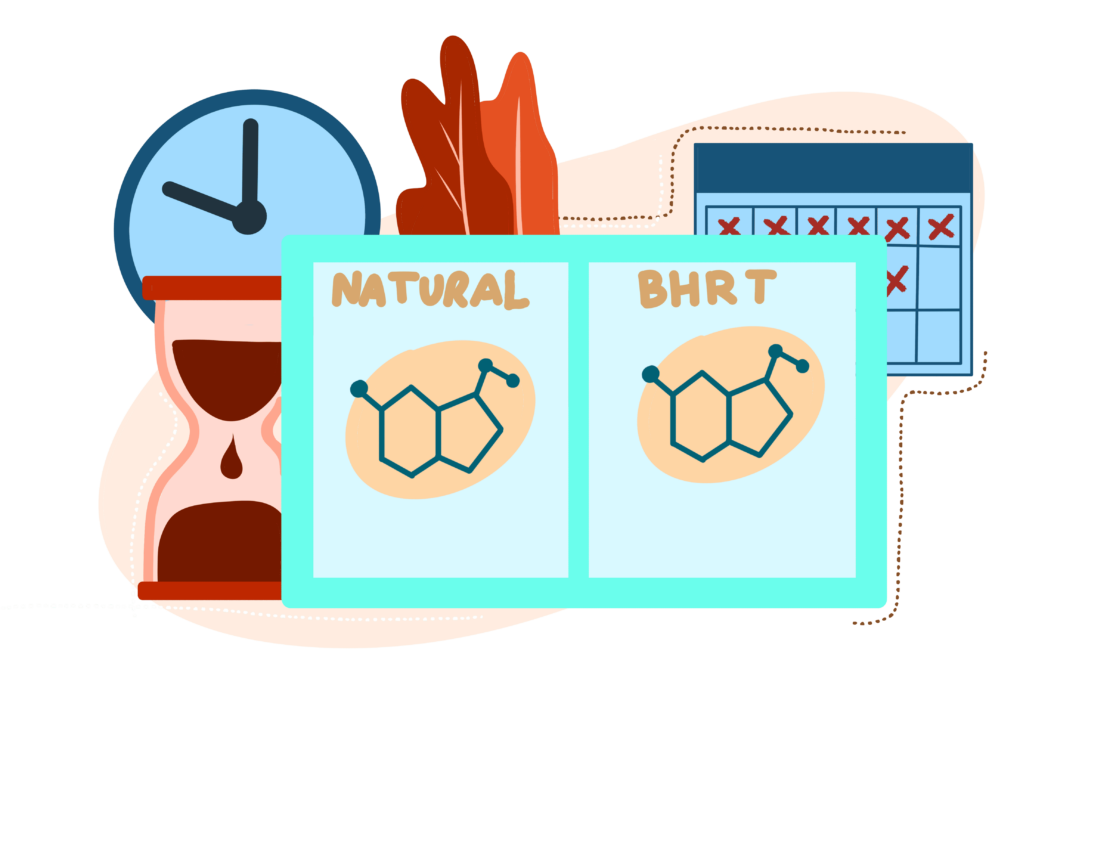
What are Treatments for Menopausal Fatigue and Tiredness?
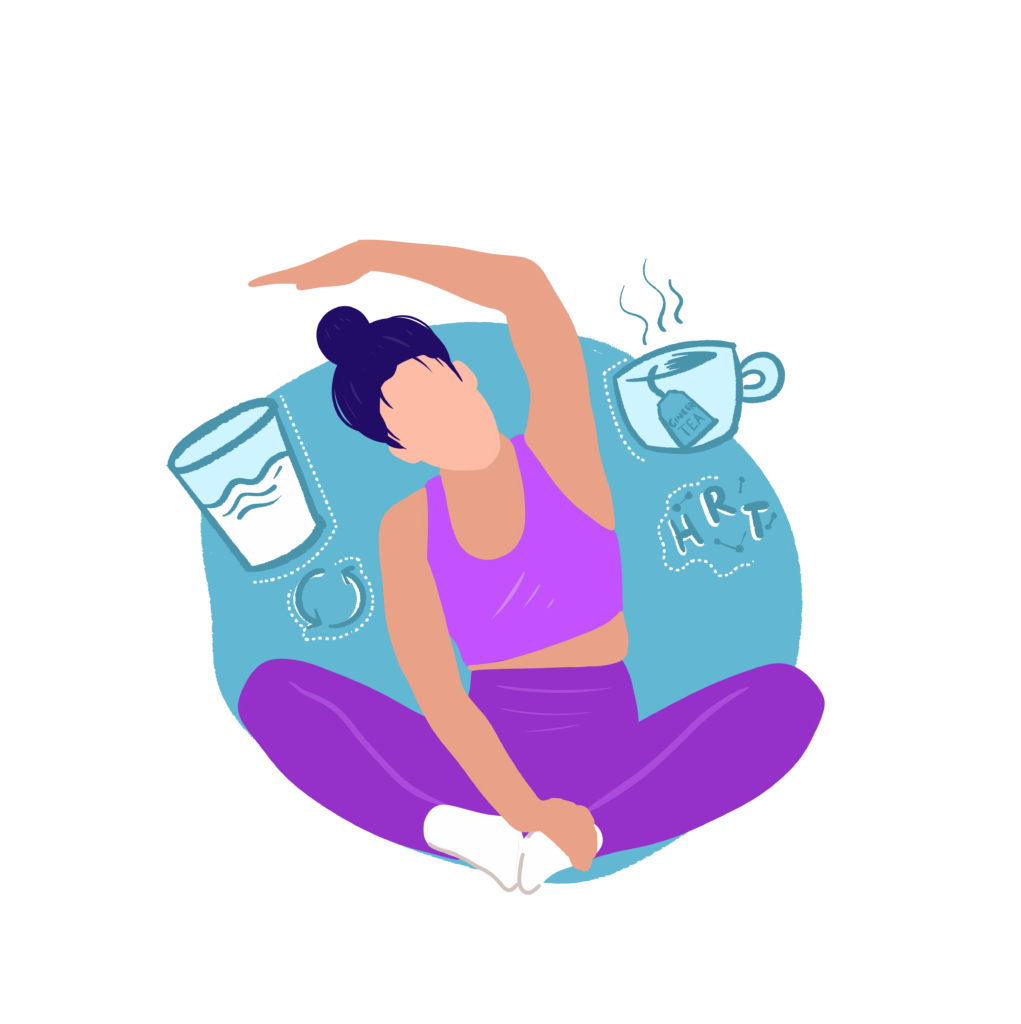
The treatments for menopausal fatigue and tiredness often require a multi-faceted approach. Here are some treatments that can help:
1. Regular Exercise: Barbara Sternfeld and Sheila Dugan from Rush University Medical Center, regular exercise, such as 30 minutes of yoga or walking most days of the week, can significantly increase energy and improve sleep quality, both of which are essential in combating menopause-related fatigue.
2. Sleep Hygiene: Establishing a consistent sleep schedule is crucial in fighting sleep problems like insomnia and sleep disturbances during menopause. Creating a relaxing bedtime routine or other relaxation techniques and maintaining regular sleep and wake times can help reduce fatigue by improving overall sleep quality.
3. Stress Management: According to Petra Stute and Serena Lozza-Fiacco from the Department of Obstetrics and Gynecology, University of Bern, techniques such as mindfulness, meditation, or deep breathing exercises can help reduce stress, which is a common contributor to extreme fatigue during menopause.
4. Hydration: Staying well-hydrated is crucial for maintaining energy. According to Nathalie Pross et al. from Forenap, Rouffach, France, adequate hydration helps maintain energy and improves sleep and mood, which are crucial in reducing menopause fatigue.
5. Cognitive Behavioral Therapy (CBT): Based on James Adamson et al.’s research from the Institute of Psychiatry, Psychology and Neuroscience, Kings College London, CBT has been shown to be effective in managing sleep disturbances and extreme fatigue in women who are in the menopause transition. This therapy focuses on altering negative mental patterns and behaviours that can lead to weariness or feeling tired.
When to Consult a Doctor?
It’s important to talk to your doctor if menopause-related fatigue becomes severe or persistent, interfering with daily activities. If you experience extreme tiredness that doesn’t improve with rest, difficulty concentrating (brain fog), or if fatigue is accompanied by other symptoms like depression, disturbed sleep, increased stress, anxiety, or unexplained weight changes, seeking medical advice is vital.
Early consultation allows for proper evaluation and effective treatment options. Consulting to your physician can help determine if the fatigue and low energy are solely due to menopause or if other underlying health conditions, like thyroid issues or anaemia, might be contributing. Additionally, they can guide medical treatment options and help you develop a plan to manage your symptoms effectively.
Take control of your menopausal transition by seeking expert guidance from menopause experts at the Online Menopause Centre and discover strategies to regain your energy and mental well-being.
